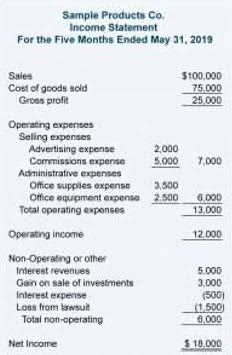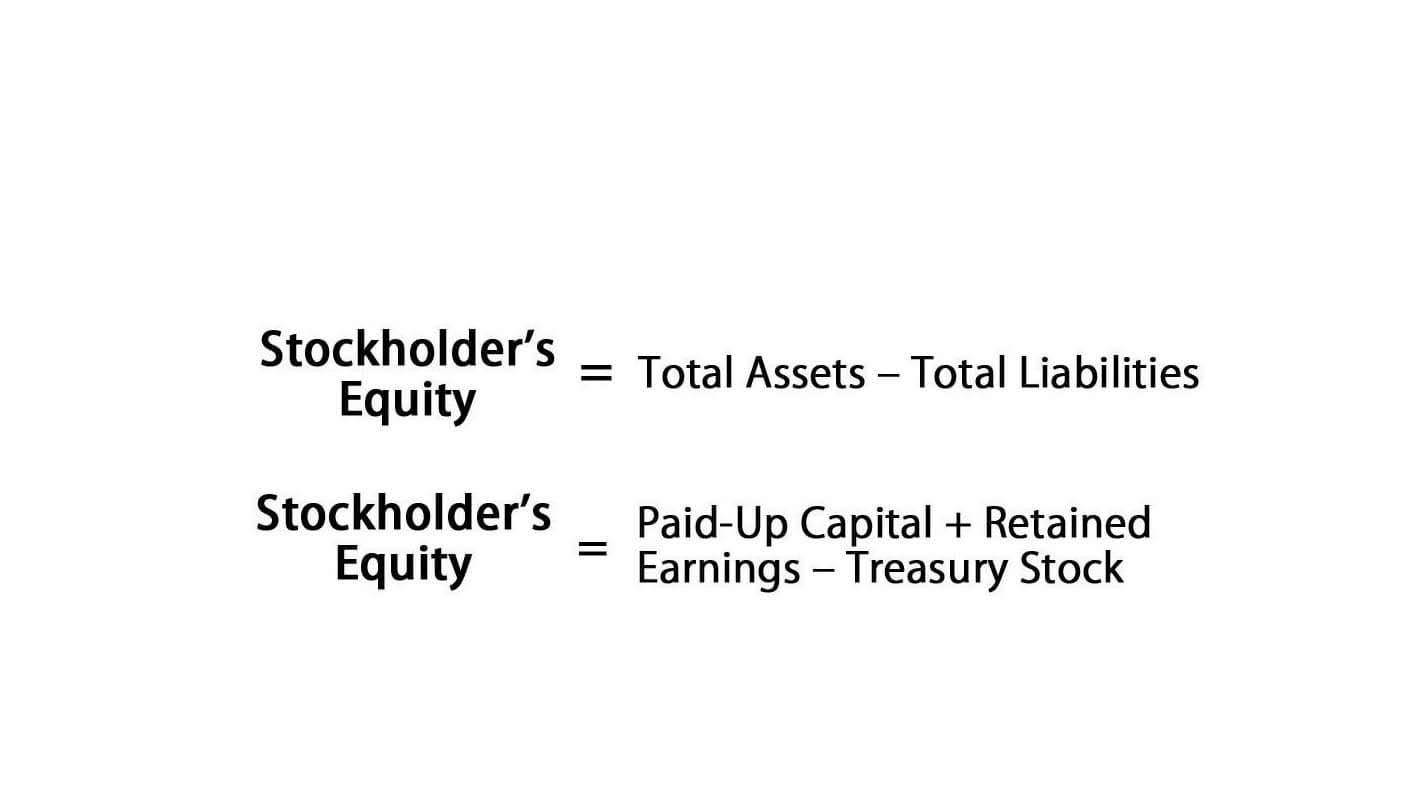
Upholding and adhering to International Commercial Terms is critical to international trade and commerce and to individuals as well. The buyer is obligated to provide adequate instructions so the delivery can be made safely and on time according to the sales agreement. Free on board destination makes the seller responsible until the freight arrives. Incoterms (International Commercial Terms) are a set of internationally recognized standards that define the roles of buyers and sellers in the transfer of goods in international and domestic trade. Only upon delivery, at the predetermined destination, do the costs and responsibilities transfer to the buyer. Specifically, FOB indicates at which point the responsibility (and risk) of the shipped goods transfers from the seller to the buyer.
What is FOB destination?

From a practical perspective, recognition of receipt is instead completed at the receiving dock of the buyer. Thus, the sale is recorded when the shipment leaves the seller’s facility, and the receipt is recorded when it arrives at the buyer’s facility. This means there is a difference between the legal terms of the arrangement and the typical accounting for it. Under FOB destination, freight collect terms, the buyer pays the freight charges at time of receipt, though the supplier still owns the goods while they are in transit.
Cost, Insurance, and Freight (CIF) vs. Free on Board (FOB): An Overview
- If the goods fell overboard at that point or were damaged, they became the buyer’s loss, not the seller’s.
- Since the buyer takes ownership at the point of departure from the supplier’s shipping dock, the supplier should record a sale at that point.
- Manage store localization, shipping, duties, and compliance, all in one place.
- The seller’s only responsibility is to bring the package to the loading dock or delivery truck.
- With FOB destination, the sale of goods is finalized once they arrive at the buyer’s destination.
The term refers to the point at which liability passes from the seller to the buyer. They only need to get the goods to the nearest port and load them onto the vessel. Once past the ship’s rail and cleared for export, the responsibility shifts to the buyer. At that point, the buyer foots the bill for transport, insurance, and anything else that might arise. fob shipping point Meanwhile, a company is more likely to pay more for CIF if it’s new to international trading, shipping only a few goods, or receiving cargo from a country whose customs system or language is unfamiliar. In addition, sometimes it’s better to have the predictability of paying upfront rather than dealing with the hassle of handling it themselves.

Meet Top Certified Financial Advisors Near You
Understanding the difference between FOB shipping point and FOB destination is crucial for determining who is liable for goods during transit. Free on Board is a shipping designation used to specify obligations and responsibilities for goods when they are shifted from seller to buyer as sea freight. In FOB Destination Point agreements, buyers often feel they’re in a passenger seat.
- Something to watch out for when you pay for the goods is paying more than you need to for the international payment.
- Because there is more than one set of rules, the parties in a contract must specify which governing laws they use for a shipment.
- From legal guidelines to cultural tips, find everything you need to establish your business.
- While the seller does bear higher costs under FOB destination, they can factor shipping costs into pricing.
Does FOB Mean Free Shipping?

In addition, if the seller is unfamiliar with customs and taxes in the buyer’s port of entry, there may be additional delays and hassles. FOB means that you, as the buyer, are responsible for the goods as soon as they are loaded onto the ship on the seller’s end. Essentially, as soon as your freight is on board, you’re the one liable for them. Cost-wise, it means you pay for all transport costs, customs, and if anything happens after the seller loads them onto the ship. It is much easier to determine when title transfers by referring to the agreed upon terms and conditions of the transaction; typically, title passes with risk of loss.

FOB Origin Example

How confident are you in your long term financial plan?
- They can’t decide the shipping company, the route the company takes, or when and how the shipment is delivered.
- Although the accounting treatment mentioned above aligns with this, it’s worth mentioning that FOB shipping points and destinations transfer ownership at different times.
- As the goods shipped from the seller, the buyer would have to add $50,000 to their inventory and $50,000 to their accounts payable.
- First developed in 1936, the terms are used by 45 million companies in more than 170 countries.
- FOB on an invoice stands for Free On Board or Freight On Board and refers to the point after which a business shipping products to a buyer is no longer responsible for the items.
- This offers buyers a more accurate accounting of their charges, including what expenses might be reduced next time.
